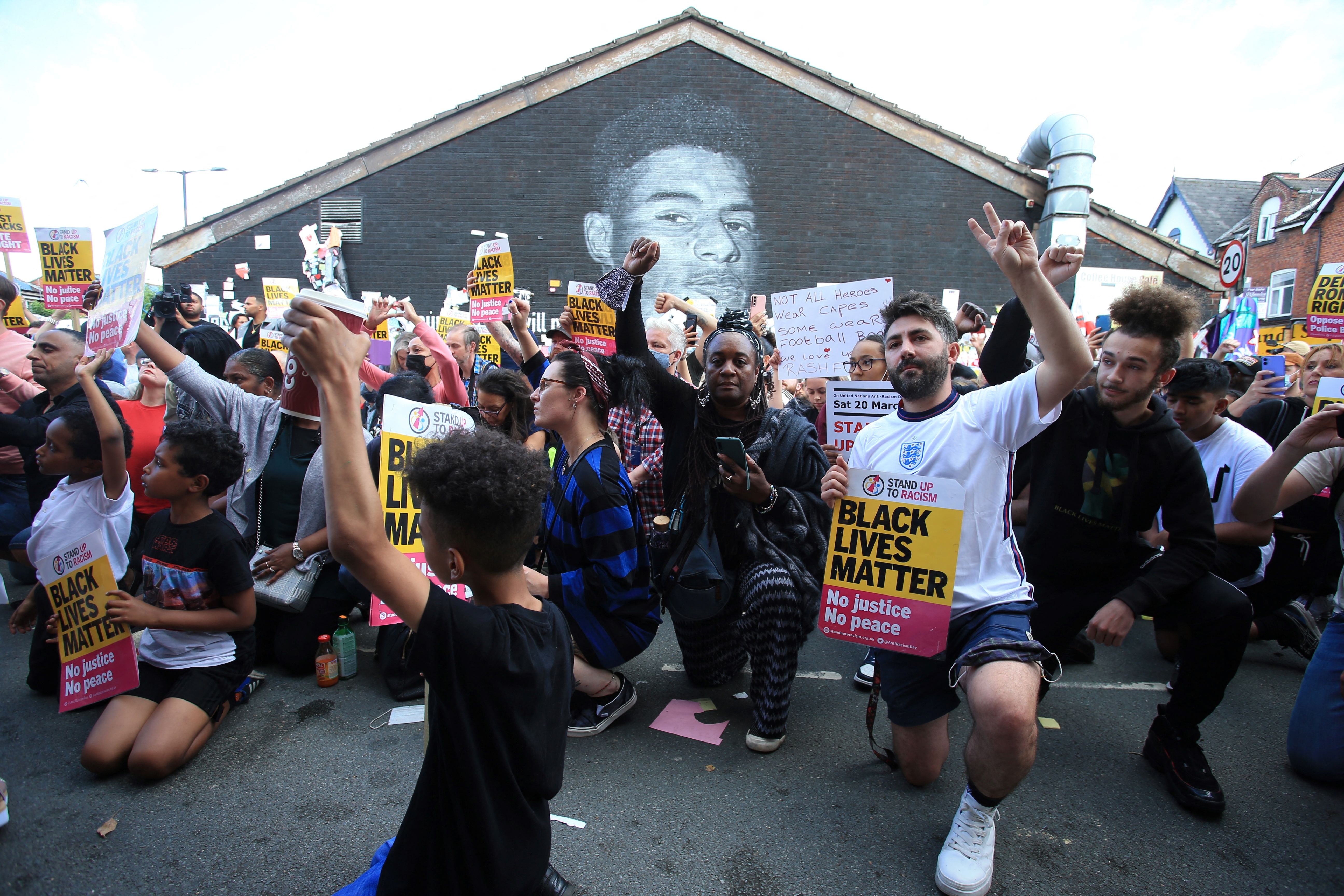Can white people ever be referred to as ‘people of colour’?
The parameters of the debate on issues linked to race and racism are typically set by white men with little to no interest in honest and frank discussions


Last Tuesday, I was invited onto Nick Ferrari’s daily breakfast show on LBC Radio for what I thought would be a conversation about racial microaggressions. This was following the decision by the NHS leadership academy to feature Nova Reid’s 2019 TED Talk in which she said that “racial microaggressions can cause more harm than overt acts of hate”.
In trying to explain why racial microaggressions, like all forms of racism, can be deeply harmful, I used the term “person of colour” to which Nick took exception, making the pedantic and flawed claim that as a white man, he was a person of colour.
This, of course, is not true. Person of colour/people of colour (PoC) is widely accepted terminology that refers to those not racialised as white, ie racial or ethnic minorities. It is a term that is more commonly used in America, but it has also been used by anti-racist activists and scholars in the UK. Nick, I’m sure, knew this, but chose to argue, I believe in bad faith, by steering the conversation away from focussing on the important issue of racism and microaggressions.
Unfortunately, my experience with Nick seems to me to be reflective of where we are with discussions on racism in Britain: the debate dominated by bad faith actors unwilling to engage in honest and important conversations. For example, much of the response to Black Lives Matters activists and scholars – who have made connections between Britain’s imperial past and the racist systems of oppression that exist today – has been to present them as anti-British “culture warriors” attempting to rewrite British history.
The government is the chief pioneer of this approach – the ultimate bad faith actor. The widely-discredited Sewell Report, which was commissioned as a response to the largest and widest anti-racist protests in British history in 2020, was accused of putting a positive spin on slavery and linked racial inequalities with the culture of ethnic minority communities. The government had reached a conclusion before commissioning the report – it was a crude attempt to shift focus away from systemic racism in Britain.
By taking the focus away from the issues that matter and deliberately misconstruing the concerns or language used by anti-racist activists and academics, the culture war aims to delegitimise Black Lives Matter and anti-racism more broadly – and by doing so, impoverishes the quality of conversations on important issues
To keep up to speed with all the latest opinions and comment, sign up to our free weekly Voices Dispatches newsletter by clicking here
Ultimately, racism needs to be understood as a system of oppression. Many in the media and in positions of power appear to be content with upholding and maintaining this system in Britain, and the hostile media space that exists today for those willing to raise concerns about racial justice is reflective of that. The parameters of the debate on these issues linked to race and racism are typically set by white men with little to no interest in honest and frank discussions.
I have realised that rather than responding to, and thus legitimising the culture war framing, it is important to take a step back and constantly refocus on the issues that really matter: for example, the introduction of voter ID is an attack on the democratic rights of ethnic minorities as it is likely to disproportionately affect their ability to hold the government to account at the ballot box.
The cost of living crisis, much like Covid-19, is a reminder that many of the crises we face have racialised outcomes – four in five Black families have less than £1,500 in savings. The more those in the media or positions of power continue to gaslight and dismiss people of colour who raise concerns about racism, the further we get from making substantive change. We need to do better.
Join our commenting forum
Join thought-provoking conversations, follow other Independent readers and see their replies
Comments
Bookmark popover
Removed from bookmarks